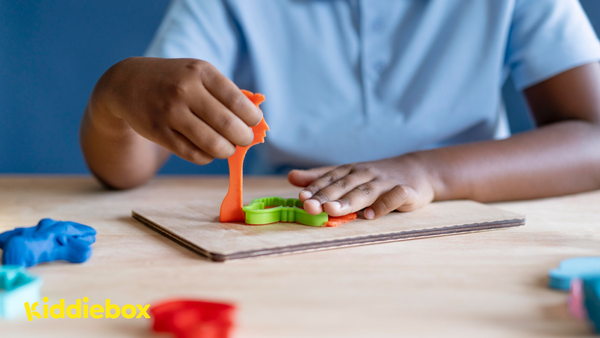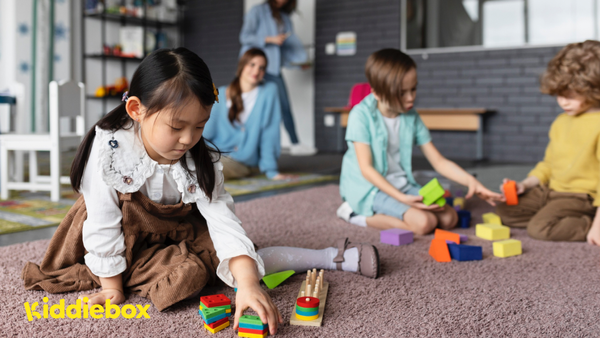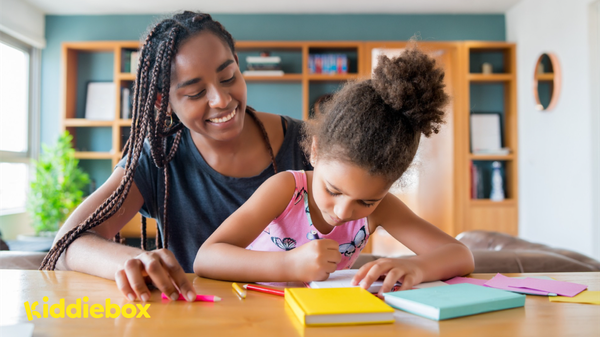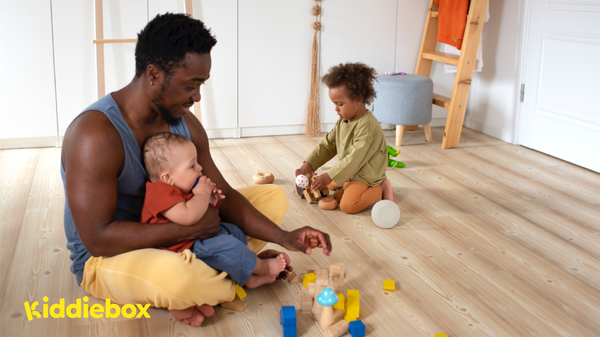10 fun activities to do with infants
As a new parent, finding ways to bond with your infant while supporting their development can be exciting and challenging. Engaging in fun activities is essential for their growth and strengthens your bond with them.
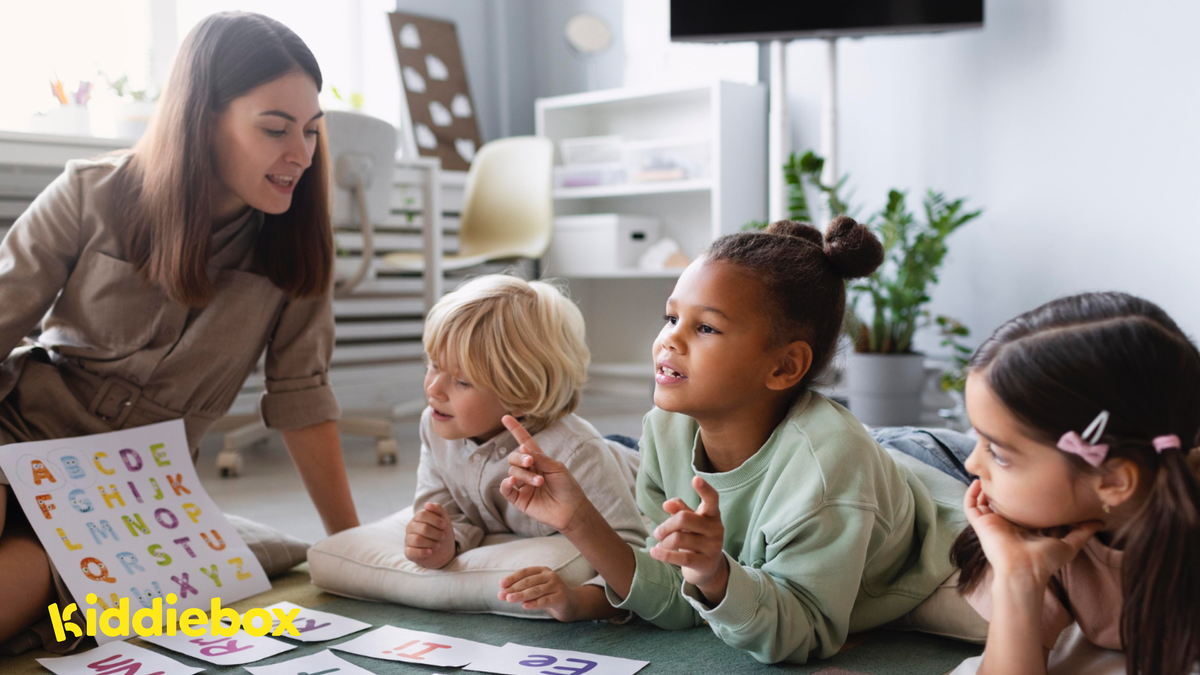
Playing with your 1 to 12-months-old baby is not just enjoyable; it's also educational, stimulating, and a wonderful way to bond. However, understanding how to interact with a tiny newborn versus an active 14-month-old can pose unique challenges.
At a few months old, your baby might not be saying much yet, but she’s likely starting to understand what you’re saying, making playtime even more engaging for both of you.
As a new parent, finding ways to bond with your infant while supporting their development can be exciting and challenging. Engaging in fun activities is essential for their growth and strengthens your bond with them. That's why we have designed this useful guide, which includes activities for babies and toddlers from birth to three years old.
Speaking
Connect more with your baby by singing, speaking, and reading aloud using a range of voice tones. Pay attention to your baby's facial responses and reactions to different voice pitches. Studies indicate that the specific way parents communicate with their newborns—employing a higher pitch, reduced speed, and overstated pronunciation—significantly engages infants and aids their comprehension.
Carry your baby close
Babies enjoy direct contact, but with a busy schedule, you might not have the luxury to sit and hold them all day. A baby carrier, like a ring sling or a front-facing carrier, allows your baby to be close to you while your hands are free. Carrying your baby provides them with extensive stimulation. Bethany Gonzalez Moreno, the founder of B. EcoChic, explains, "When babies are carried, they get to witness your perspective. This helps them understand the world while you're busy with tasks or errands."
Tracking toys
A soft, colourful object like a sponge ball or a plush toy could be used. Position the toy in front of your baby's face while they're on their back. To catch their attention, you might need to wiggle the toy slowly or gently tap them with it. Encourage them to track the toy with their eyes as you move it from one side to the other. This exercise will enhance your baby's visual tracking and observational abilities.
Engage with puzzles
Once your baby turns 12 months old, play with simple wooden puzzles. Ensure the pieces are big enough for her to hold. This will help her improve at using her hands and eyes together, work out how to solve problems and understand space. Show how it's done, and always cheer him on when he gets it right. Another good thing to do is to point to things, say their names, and play a simple game of catch with scarves or towels, which can help his coordination. You can also help him make choices by letting him pick which toy he wants to play with.
Making Music
Engage your baby in a fun-filled session of singing nursery rhymes and simple songs. Motivate your baby to participate by making noises or moving to the rhythm of the music. Feel free to incorporate actions like clapping or thumping the floor or utilize simple instruments such as a baby xylophone or a makeshift drum using an upside-down pot and wooden spoon. These activities are enjoyable and beneficial for your baby's sensory awareness and language development.
Physical play
Consider some physical, lively play with your baby. You could lift, twirl, or flip them over—any activity that results in joyous laughter and excited squeals. After such an energetic playtime, both of you will likely be ready for a well-deserved rest!
Reading
Regularly reading out loud to your baby is beneficial for their language growth and offers a peaceful bonding period for both of you. At ten months old, your baby will enjoy bright, simple storybooks that tell simple tales. Your child may also enjoy engaging with the book by lifting flaps or turning the pages. You can even use picture books that focus on these topics to help them learn about feelings and understand different people.
Rhymes
Dr. Leiderman points out that talking to your baby is as important as feeding them. Babies start understanding words long before they can talk, so it's a good idea to speak to them as much as you can. Sing nursery rhymes, lullaby, or play gentle instrumental music. Introduce simple instruments like rattles or shakers to make it interactive. Rhymes help in establishing routines and soothe your baby.
Peekaboo
Peekaboo is a well-known game that helps babies learn the idea that things still exist even when they can't see them. To play, just hide your face with your hands or a cloth, and then suddenly show your face saying "peekaboo!" You can change this game by using toys or hiding behind things like chairs or tables, making it a fun surprise every time.
Water play
Water play can be a delightful experience for infants. Activities like splashing in a shallow tub or playing with bath toys can help their sensory experiences. You could use a baking tray or storage box to hold a shallow amount of water for more hands-on playtime. Make it more fun by adding food colouring or glitter to the water, and include some cool toys! Always supervise your baby closely during water play to ensure safety, and never leave them unattended.
Engaging in these activities with your infant supports their physical and cognitive development and strengthens the emotional bond between you and your baby. These moments of play and interaction are precious and formative. Try incorporating these activities into your daily routine, and enjoy watching your baby grow and thrive. Feel free to share your favourite activities or experiences in the comments below!
